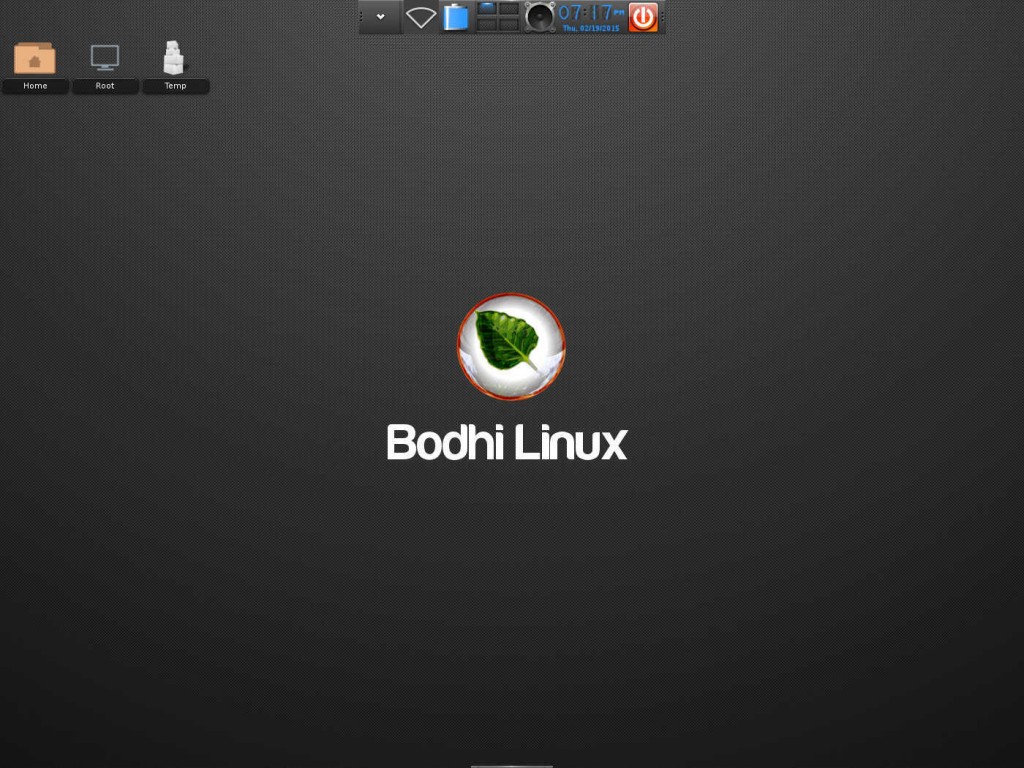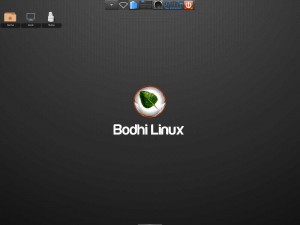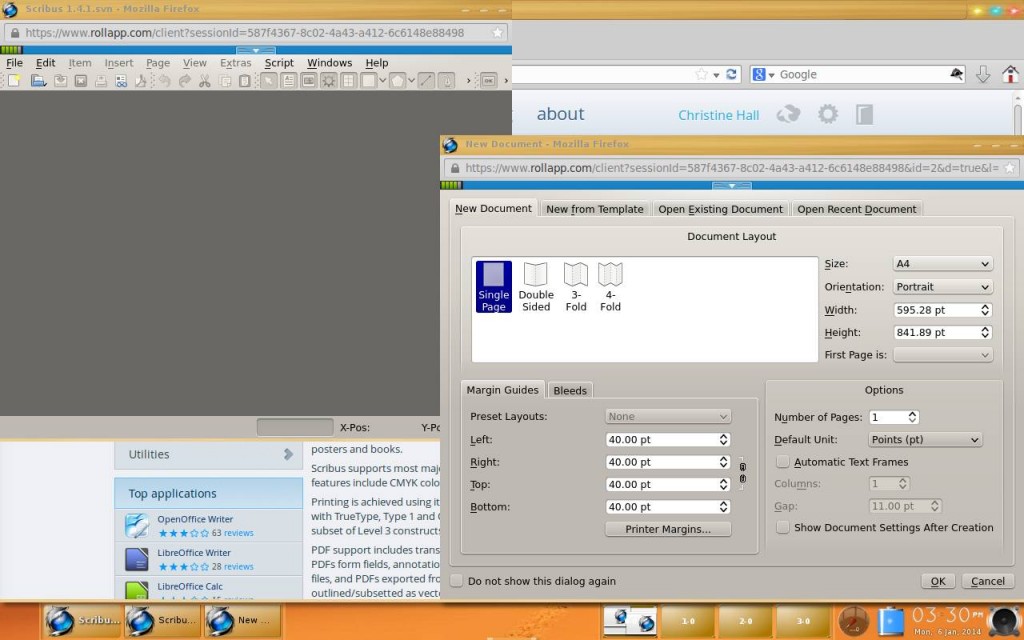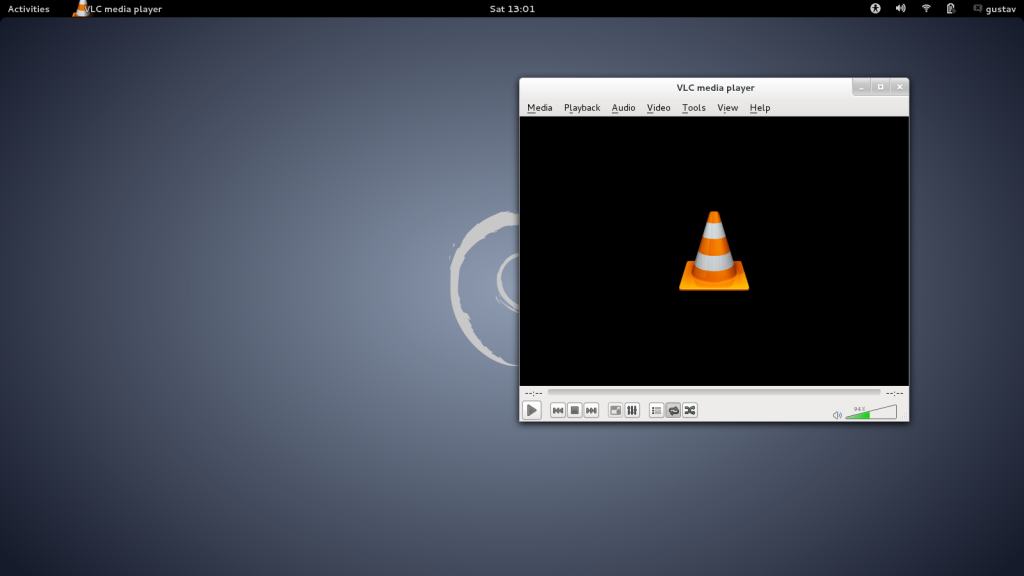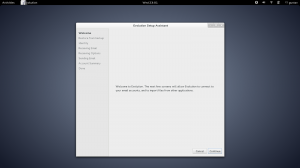FOSS Week in Review
Larry Cafiero’s off doing some important Larry stuff and I was told I could avoid detention if I wrote the Week in Review for him, so here I am.
LibreOffice as SaaS
This from our “it’s about time but it ain’t time yet” department. The Document Foundation, those fine folks who bring us the LibreOffice productivity suite, announced on Wednesday the unveiling of an online SaaS version of the suite, complete with the catchy name LibreOffice Online or LOOL.
 Well, it wasn’t exactly an unveiling. It was more an announcement of things-we-are-working-on-and-are-really-really-sure-are-going-to-happen. According to the notice on the Document Foundation blog, LOOL isn’t scheduled to pull into the station just quite yet. According to the blog: “The availability of LibreOffice Online will be communicated at a later stage.”
Well, it wasn’t exactly an unveiling. It was more an announcement of things-we-are-working-on-and-are-really-really-sure-are-going-to-happen. According to the notice on the Document Foundation blog, LOOL isn’t scheduled to pull into the station just quite yet. According to the blog: “The availability of LibreOffice Online will be communicated at a later stage.”
Christine Hall has been a journalist since 1971. In 2001, she began writing a weekly consumer computer column and started covering Linux and FOSS in 2002 after making the switch to GNU/Linux. Follow her on Twitter: @BrideOfLinux


